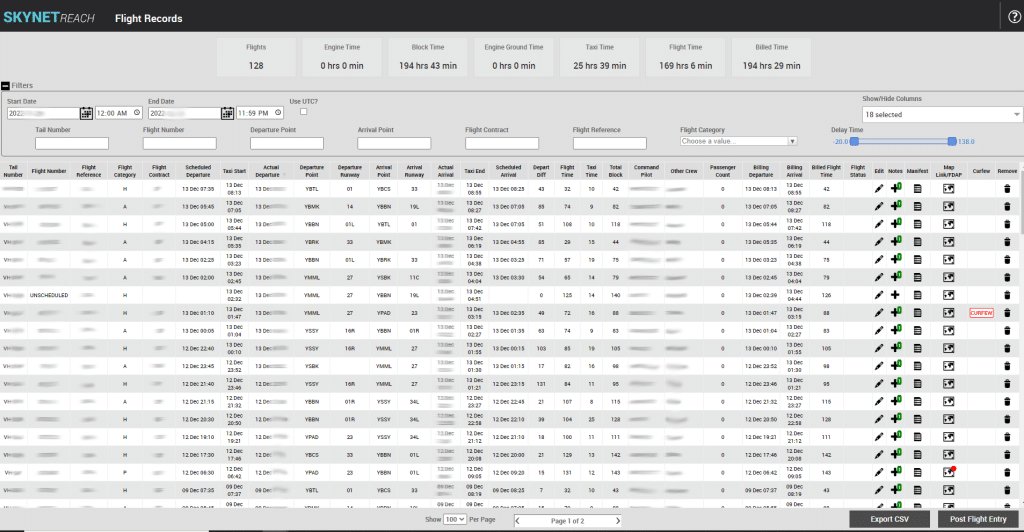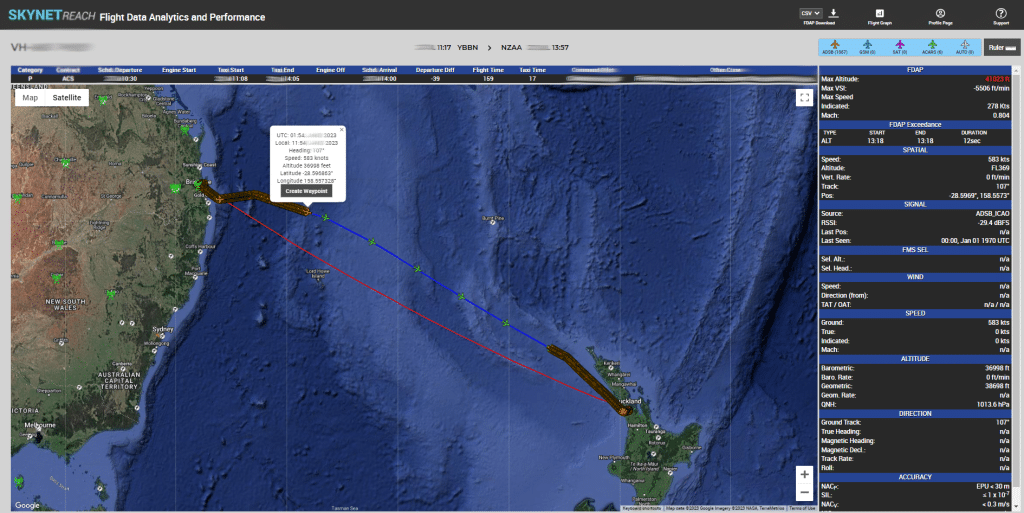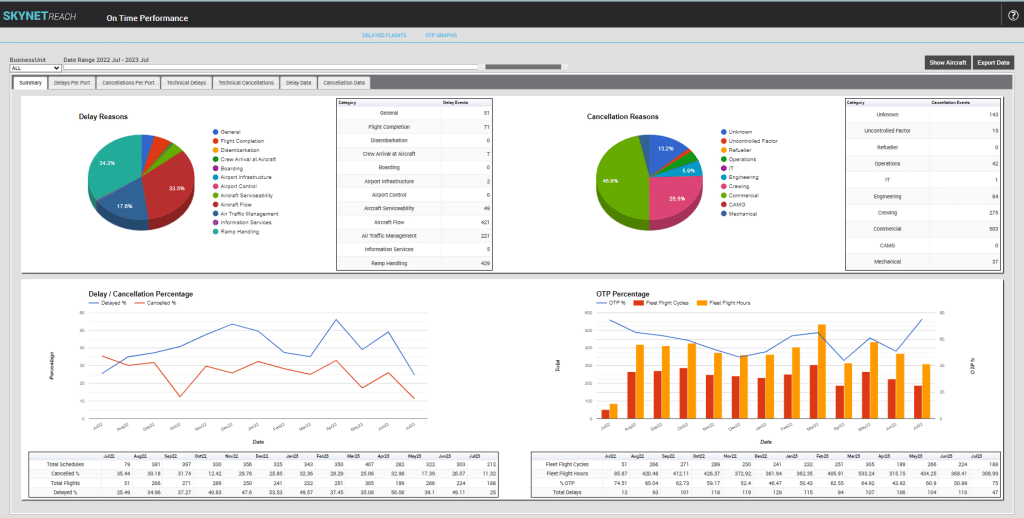In any Operations Control Centre (OCC), decisions are frequently made that have an immediate impact on the operation, but also have a ripple effect across the whole business, both short and long-term. With the abundance of data now available, the question is no longer if analytics are available in your OCC—but how that data is being used to drive improvement. So, what actually happens with the data in your OCC? Who looks at it? And more importantly, is anyone using it to make your operation more efficient?
Let’s start with a simple question: In your OCC, do you know how your decisions affect the overall business? Every choice—whether it’s related to rostering, planning, aircraft routing, or fuel uplift (to name but a few!)—sets off a chain reaction that can impact everything from costs to customer satisfaction. It’s like a traffic jam: one small blockage can lead to delays that stretch far beyond the original point of congestion.

Take rostering as an example. Let’s say you decided to adjust crew schedules to cover an unexpected absence. Did you consider how that choice impacted other departments? Maybe it affected ground handling efficiency, or perhaps it threw off the timing for maintenance checks. But here’s the real question: Do you know what happened? Did anyone provide feedback on the ripple effects of that decision, good or bad?
Analytics aren’t just about numbers—they are about learning. Once data is collected and analysed, how is feedback provided? Is there a formal process in place to ensure that lessons learned are shared across departments? If the Workforce Planning team consistently schedules too few gate agents for a Tuesday morning rush, is that information fed back to them in a constructive way? Or does it sound more like, “Hey Bob, your Workforce Planning team is never giving me enough gate agents at 1100 on a Tuesday! What the h*ll Bob?!” Poor Bob…
Without strong communication channels, data can only tell half the story. The other half comes from those receiving the results of a decision. This is where the feedback loop becomes essential. Every misstep or success in the OCC should be an opportunity for continuous improvement.
Another critical factor is the accessibility of data. Do you have the tools and permissions to review the data yourself, or is it locked away behind layers of management? If you have a gut feeling that a certain parameter or procedure could be improved, how do you confirm or dispel your theory? Is data accessible and transparent, allowing you to dive in and validate your ideas, or is it held behind closed doors, limiting your ability to drive change?
In many OCCs, multiple software applications are being used to manage different aspects of the operation—flight planning, crew rostering, fuel management, and more. But do all these systems talk to each other? If your tech stack isn’t integrated, gathering data from various sources becomes a logistical nightmare, making it hard to get a clear, unified view of your operation.
When your data is siloed, continuous improvement becomes nearly impossible. Imagine trying to solve a jigsaw puzzle where half the pieces are locked away. Sure, you can see part of the picture, but without all the pieces, you’re making decisions based on incomplete information.
The ultimate goal of analytics is to drive actionable insights that lead to continuous improvement. But data without action is just numbers on a screen. If you believe that something in your OCC could be improved, how do you go about making that change? Do you have access to the right data, tools, and people to turn your insight into reality?
The best OCCs use data as a powerful tool to not only solve problems but to prevent them from happening in the first place. The key is ensuring that the analytics process is transparent, that feedback flows both ways, and that the data is actionable.
Does everyone in your OCC understand how their decisions impact other departments and the business as a whole?
Is there an effective feedback loop in place to share lessons learned?
Do you have open access to the data you need to investigate and improve operations?
Are your software systems integrated, or are you working in silos?
By addressing these questions, you can move from simply managing operations to continuously improving them. Analytics should be more than just numbers; they should be the driving force behind every improvement in your OCC. If you are interested in discovering more about where your OCC is sitting, then our OCC Healthcheck is your next step.






